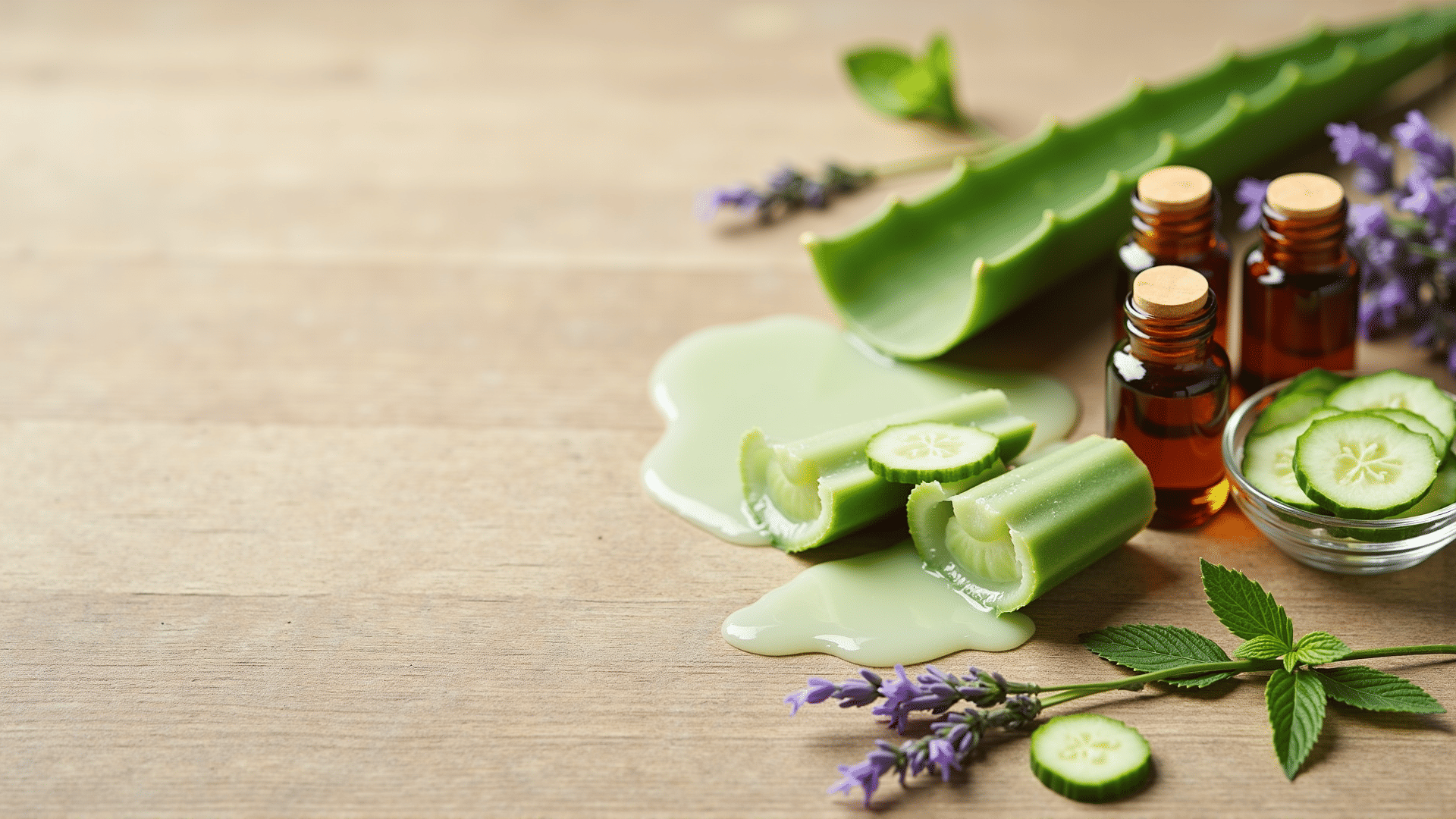Maintaining healthy skin requires an understanding of its fundamental needs and adopting care routines that seamlessly integrate into one's lifestyle. Skin, the body's largest organ, serves as a protective barrier and plays a crucial role in overall health. Here's how you can nurture it effectively.
Understand Your Skin Type
Firstly, identify your skin type: oily, dry, combination, normal, or sensitive. This helps tailor care routines that address specific needs. Oily skin benefits from lightweight hydration, while dry skin requires richer moisturizers. Recognizing these distinctions allows for more effective care.
Hydration is Key
Water is vital for skin health, inside and out. Drinking enough water helps maintain skin elasticity and radiance. Externally, applying a suitable moisturizer helps lock in moisture, preventing dryness and irritation.
Balanced Nutrition
A diet rich in fruits, vegetables, and healthy fats supports skin vitality. Foods high in antioxidants, like berries and leafy greens, combat oxidative stress, which can lead to premature aging. Omega-3 fatty acids found in fish can help maintain skin's lipid barrier, enhancing its protective function.
Protection from Sun Exposure
Sun protection is non-negotiable for healthy skin. Ultraviolet rays contribute to premature aging and increase the risk of skin issues. Applying a broad-spectrum sunscreen daily, even on overcast days, helps shield the skin. Wearing protective clothing and seeking shade further minimizes exposure.
Gentle Cleansing
A gentle cleansing routine removes impurities and excess oil without stripping natural oils. Use lukewarm water and avoid harsh scrubbing. The goal is to cleanse without compromising the skin's integrity.
Adequate Rest
Never underestimate the power of a good night's sleep. During sleep, the body repairs and regenerates skin cells, contributing to a refreshed and healthy appearance. Aim for 7-8 hours of quality sleep each night to support skin health.
Stress Management
Chronic stress can manifest in the skin, leading to issues like acne and hives. Incorporate stress-reduction techniques such as meditation, yoga, or deep breathing exercises into your daily routine to keep stress levels in check.
Exercise Regularly
Physical activity promotes blood circulation, which helps deliver oxygen and nutrients to the skin, enhancing its overall health. Sweating during exercise also aids in flushing out toxins.
Avoid Smoking and Limit Caffeine
Habits such as smoking and excessive caffeine consumption can impact skin health. Smoking reduces blood flow, depleting the skin of oxygen and nutrients, while too much caffeine can lead to dehydration, affecting skin texture.
Regular Check-ups
Routine visits to a dermatologist can catch potential skin issues early. They can provide personalized advice tailored to your needs, ensuring your routine evolves with your lifestyle and skin changes.
Incorporating these practices into your daily life supports skin health, ensuring it remains resilient and vibrant. By understanding your skin's unique requirements and making mindful choices, you can nurture it with the care it deserves.
